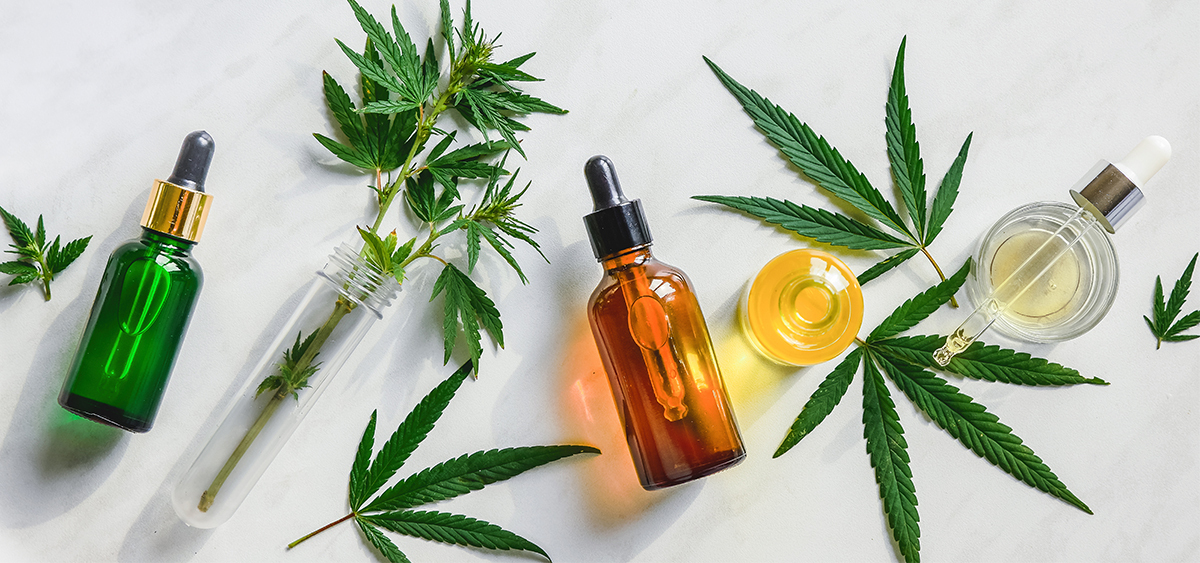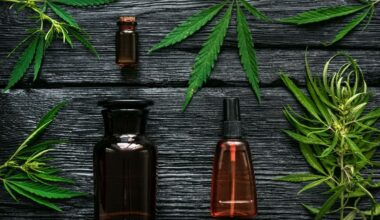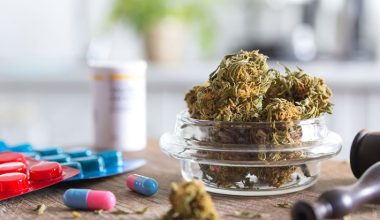A coalition of CBD companies known as ONE HEMP, which aims to engage Congress and the Food and Drug Administration (FDA), have submitted a study to U.S. officials that shows upper intake limits of 70 milligrams of CBD per day is safe for healthy adults. The study also found upper intake limits of 160 milligrams per day are safe for healthy adults who are not trying to conceive, are pregnant, or lactating.
The study was submitted following a Request for Information from House and Senate committees and was specifically designed to address concerns previously raised by the FDA that CBD is potentially harmful to liver and reproductive health.
In a statement, Dr. Rayetta G. Henderson Ph.D., senior managing scientist at ToxStrategies LLC, which conducted the study, said the research found the suggested upper intake limits for CBD for healthy adults “closely correspond with the recommendations put forth by leading regulatory bodies,” including Health Canada, Australia’s Therapeutic Goods Administration, and the U.K.’s Food Standards Agency.
Dr. Marcel Bonn-Miller Ph.D., chief scientific officer at Charlotte’s Web and part of the research team, said the study “will help to inform legislators and regulators as they determine manufacturing and labeling requirements for supplement products containing CBD.”
“Implementing scientifically based safety limits is crucial to protecting consumers. This research is also aligned with ONE HEMP’s recommendations for accurate product labeling and, ultimately, holding CBD companies accountable for manufacturing and selling quality and safe products.” — Bonn-Miller in a press release
Charlotte’s Web is a founding member of ONE HEMP, whose goal is to work toward more stringent regulatory standards, including independent third-party testing and accurate labeling, the company said in a press release.
Jared Stanley, co-founder and COO of Charlotte’s Web, said the CBD market needs “clarity and stability” and that “it is time for Congress to clarify the FDA’s mandate and definitively regulate CBD products as dietary supplements once and for all.”
The peer-reviewed study submitted by ONE HEMP was published online August 25 in the Regulatory Toxicology and Pharmacology.
Get daily cannabis business news updates. Subscribe
Medical Disclaimer:
The information provided in these blog posts is intended for general informational and educational purposes only. It is not a substitute for professional medical advice, diagnosis, or treatment. Always seek the advice of your physician or other qualified healthcare provider with any questions you may have regarding a medical condition. The use of any information provided in these blog posts is solely at your own risk. The authors and the website do not recommend or endorse any specific products, treatments, or procedures mentioned. Reliance on any information in these blog posts is solely at your own discretion.






